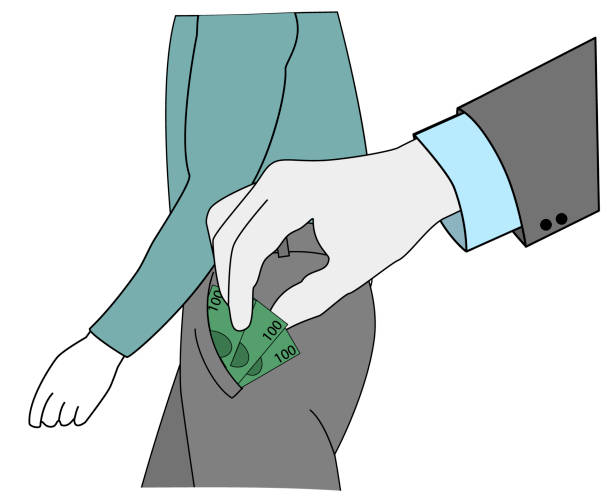Related Articles
Key Findings
- In a major victory for workers and First Amendment rights, the court decided on June 27, 2018, in Janus v. AFSCME, that non-union government workers cannot be required to pay union fees or dues as a condition of working in public service.
- Since the Janus ruling, public-sector-union membership has declined, despite an increase in public employment.
- Some public workers in Washington state are not aware that they do not have to give a portion of their earnings to a union with which they disagree. The state does not offer good information about Janus rights, even on a Washington State Department of Labor and Industries web page that is supposedly devoted to workers’ rights.
- Public-employee unions in Washington state make it difficult for employees to opt out. A public employee can, therefore, be forced to pay union dues despite the Janus ruling.
- Washington state not only makes it difficult to find neutral information about this important workplace right, it distorts the question of whether union dues are required or optional by playing the role of dues collector for unions. The state-union partnership that exists keeps workers in the dark about their rights in ways that are not acceptable or respectful.
- Washington state lawmakers should remove the state from this union dues collection role. Public employees should pay union dues just as they do other personal bills, and the state should limit itself to protecting a public employee’s right to join or not to join a union.
Introduction
Until 2018, government employees in Washington state could be forced to fund a labor union against their will as a condition of their employment. The U.S. Supreme Court changed that with Janus v. AFSCME.
In a major victory for workers and First Amendment rights, the court decided on June 27, 2018, that non-union government workers cannot be required to pay union fees or dues as a condition of working in public service. As a result, workers are no longer forced to fund unions with which they disagree or want to disassociate. An Illinois social worker and the plaintiff in the case, Mark Janus, said of the ruling that bears his name, “The right to say ‘no’ to a union is just as important as the right to say ‘yes.’ Finally, our rights have been restored.”
The opinion of the court reads: “The First Amendment is violated when money is taken from nonconsenting employees for a public-sector union; employees must choose to support the union before anything is taken from them. Accordingly, neither an agency fee nor any other form of payment to a public-sector union may be deducted from an employee, nor may any other attempt be made to collect such a payment, unless the employee affirmatively consents to pay.”





